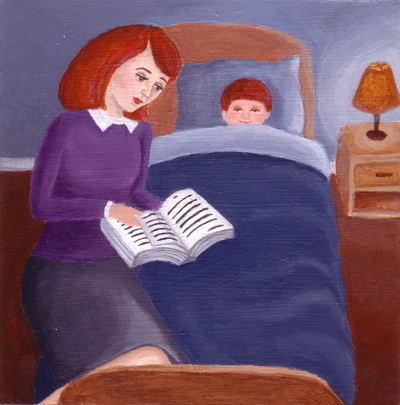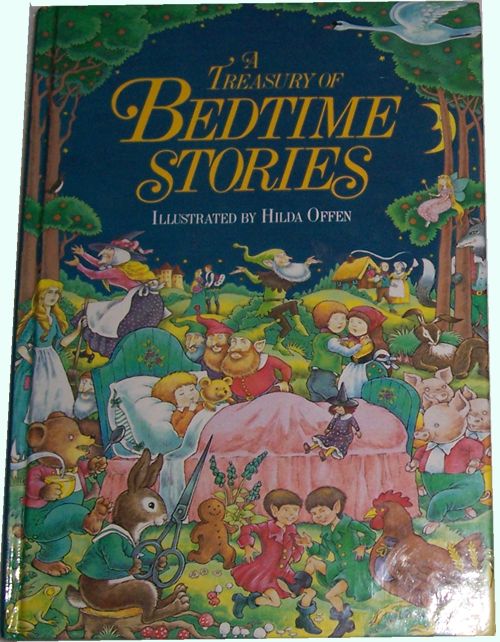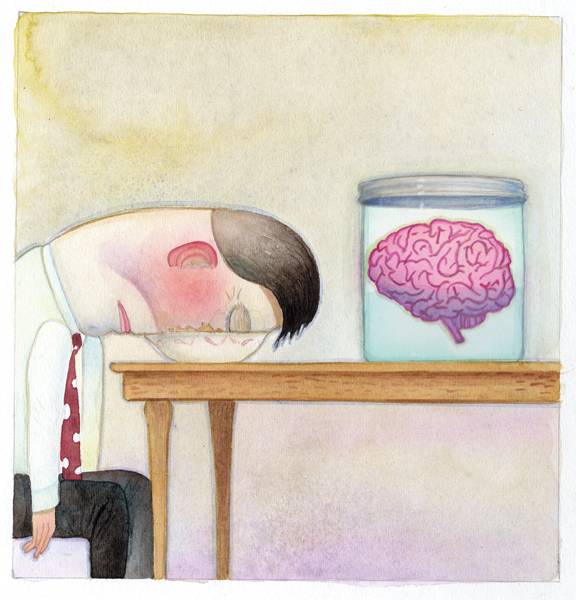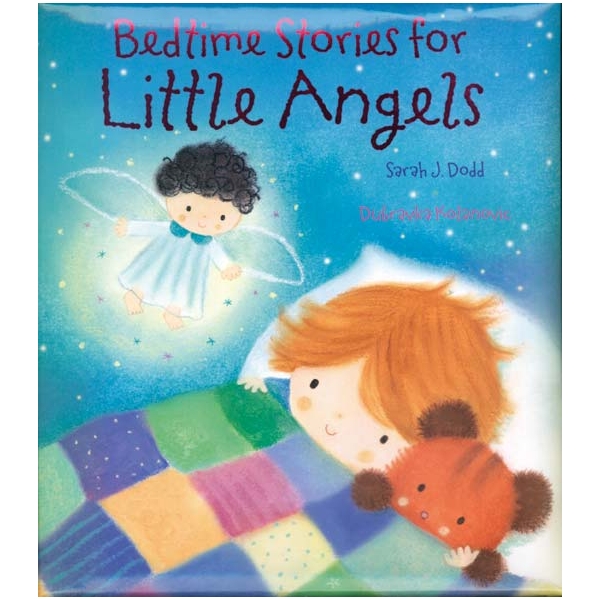Only one in three parents (33 percent) read bedtime stories with their children every night, and 50 percent of parents say their children spend more time with TV or video games than with books, according to a new survey from Reading Is Fundamental (RIF), the largest children’s literacy nonprofit in the United States, and affordable luxury retailer Macy’s. From buying books for children and training educators to providing resources to parents, a new campaign called “Be Book Smart” will help to provide million of books to children who would not get a new book otherwise.
“Bedtime stories build the foundation for future achievement. For a decade, Macy’s and RIF have worked together to get books and literacy resources to children in need, giving children and parents tools they need to dream big,” said Carol H. Rasco, president and CEO of Reading Is Fundamental. “While much news in this survey is encouraging, there is more work to be done – work that Be Book Smart and our partnership with Macy’s will help make possible.”
Many literacy studies also show a direct correlation between income level and the number of books in the household, creating even more obstacles to developing children’s literacy. RIF works to help overcome these challenges by delivering free books and literacy resources to children and families who need them most.
Key findings of the research include:
Findings on the amount of time spent reading:
- Eighty-seven percent of parents say they currently read bedtime stories with their children.
- But only one in three parents (33 percent) read bedtime stories daily with their children.
- Children of families with an annual household income below $35,000 are more likely to watch TV (40 percent) than read books (35 percent).
Findings on printed book use:
- Printed books (76 percent) are the format of choice for most parents of children age eight and younger.
- Twice as many children prefer a printed book (20 percent) over an e-book (9 percent), say parents who read both types of books to their children.
- Less than one in five parents (17 percent) use a combination of printed and e-books.
Existing research on literacy shows the importance of starting early: Children who don’t read well by the end of third grade are four times more likely to drop out of high school than proficient readers, according to a report by the Annie E. Casey Foundation.Two-thirds of U.S. fourth graders – and more than four-fifths of those from low-income families – are not reading proficiently, according to the 2011 National Assessment of Educational Progress.

Reading Is Fundamental (RIF) delivers free books and literacy resources to children and families in underserved communities in the United States. By giving children the opportunity to own a book, RIF inspires them to become lifelong readers and achieve their full potential. As the U.S’ largest children’s literacy nonprofit, RIF has placed 410 million books in the hands of more than 39 million children since it was established in 1966.






